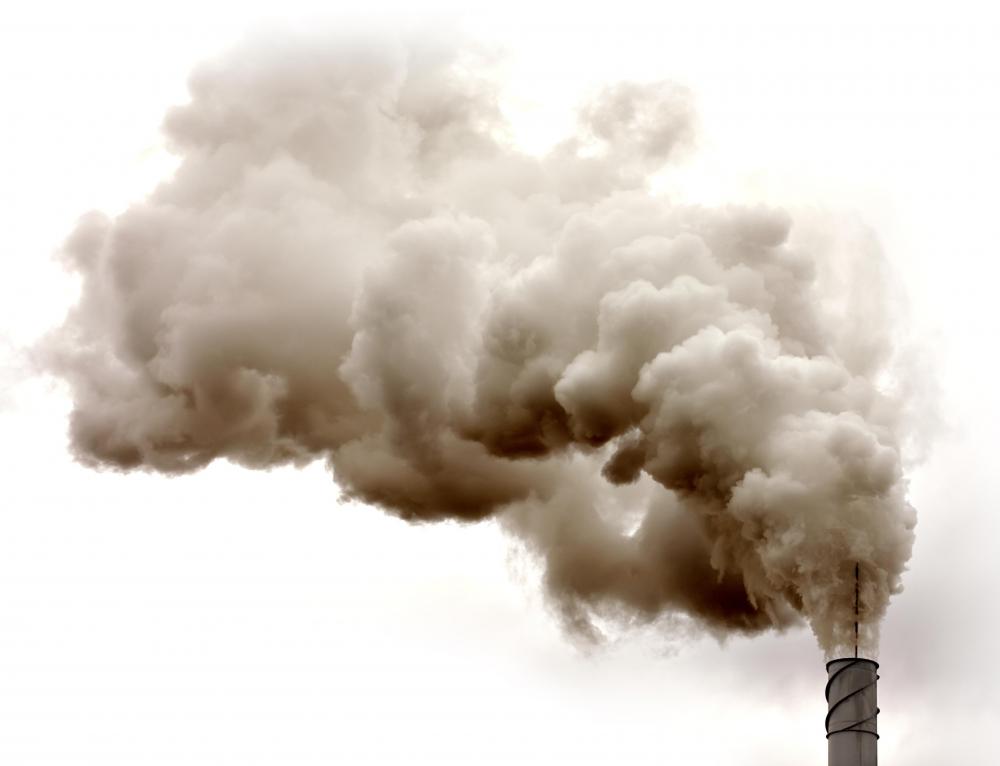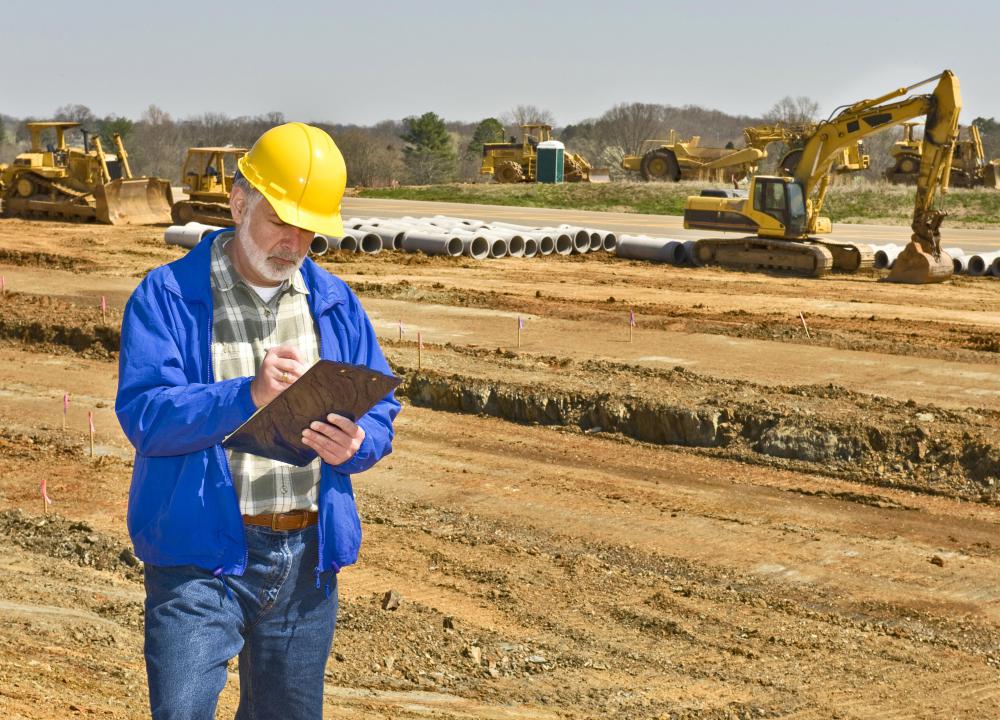At AllThingsNature, we're committed to delivering accurate, trustworthy information. Our expert-authored content is rigorously fact-checked and sourced from credible authorities. Discover how we uphold the highest standards in providing you with reliable knowledge.
What is Environmental Planning?
As communities, cities, states, and countries become more concerned with the distribution of their resources, environmental planning has become increasingly critical. The ultimate goal of environmental planning is to determine how environmentalism affects the designs of cities in towns. The planning focuses on how communities can achieve sustainable development and use resources in a way that is good for the ecosystem and the general population.
In general, environmental planners work with government and local agencies to determine how construction projects will affect the environment. In the United States, environmental planners work very closely with the Environmental Protection Agency to examine the impact of city planning and urban development. Worldwide, government organizations rely on environmental planners to implement eco-conscious city design. The planners work in a variety of settings including nonprofit sectors, private companies, and government institutions throughout the world.

To become an environmental planner, an individual must seek the proper education and qualifications. There are schools available that specialize in environmental planning. Some of the most common advanced degrees obtained by environmental planners include bachelor’s degrees in environment planning, landscape architecture, and environmental design.

There are several facets of being an environmental planner. Some of the most prominent include restructuring cities and evaluating how city and government policies affect the environment. Environmental planners are concerned with the future of cities and regions. Not only are the planners concerned about environmental damage, but also about strains on transportation, diminishing natural resources, and many other problems that plague cities around the world.

Environmental planners must have in-depth knowledge of economics, geography, environmental science, political science, engineering, and demography. Issues of sustainability create a unique problem for many cities and regions, but environmental planners work to create solutions. Climate change, urban sprawl, deforestation, and air pollution can have a negative impact on the environment, but environmental planning focuses on how such problems can be addressed.

Environmental planners also explore the relationship between people and the environment. They determine how routine activities such as the way that people travel can have a healthy impact on the environment instead of a deadly one. They determine how a community can change their values with respect to the environment by evaluating land use, infrastructure, and the community's natural resources. Environmental planning is concerned with increasing the quality of life.
Frequently Asked Questions
What is environmental planning?

Environmental planning is a process that integrates environmental considerations into decision-making to ensure sustainable development. It involves assessing the potential impact of projects on the environment and finding ways to mitigate negative effects while promoting ecological balance and conservation. This field is crucial for guiding urban development, infrastructure projects, and land use to minimize ecological footprints.
Why is environmental planning important?

Environmental planning is vital for preserving natural resources and maintaining biodiversity. It helps to prevent environmental degradation by ensuring that development projects comply with regulations and sustainability principles. According to the United Nations, effective environmental planning can significantly contribute to achieving the Sustainable Development Goals by promoting responsible land and resource use.
Who is involved in the environmental planning process?
A diverse group of stakeholders is involved in environmental planning, including urban planners, environmental scientists, public policy makers, community groups, and private sector entities. Collaboration among these parties ensures that multiple perspectives are considered, leading to more comprehensive and effective environmental management strategies.
What are the key components of an environmental plan?
An environmental plan typically includes a site analysis, assessment of potential impacts, development of mitigation strategies, and a monitoring plan. It also outlines legal and regulatory requirements, public participation processes, and contingency plans for unforeseen environmental impacts. The plan serves as a blueprint for sustainable development and environmental stewardship.
How does environmental planning contribute to climate change mitigation?
Environmental planning contributes to climate change mitigation by promoting land use practices that reduce greenhouse gas emissions, such as preserving forests and wetlands that act as carbon sinks. It also encourages the development of green infrastructure and renewable energy sources, which are essential for transitioning to a low-carbon economy and meeting international climate targets.
Can environmental planning help in disaster risk reduction?
Yes, environmental planning plays a crucial role in disaster risk reduction by identifying areas vulnerable to natural hazards and implementing land use policies that minimize risk. For instance, restricting development in floodplains and enforcing building codes can significantly reduce the impact of floods and save lives and property, as evidenced by reduced damages in well-planned communities.
AS FEATURED ON:
AS FEATURED ON:
















Discussion Comments
I'm looking for job a in environmental related fields. I will be graduating in june 2012 as an environmental engineer. I am from Tanzania and ready to work anywhere. Can I get a job?
What are environmental management plans and why are they important? I have heard a lot about environmental risk management and the use of environmental management plans to manage that risk. If someone could give me a basic rundown, I would be very appreciative.
@Alchemy- My advice to you would be not to change a thing. Urban and environmental planning jobs almost always require a master's degree, even for entry-level positions. To be a successful planner, you need a wide range of knowledge form multiple disciplines.
Environmental scientists on the other hand, can find work much easier with just a bachelor's degree, especially with an urban or environmental planning minor. The minor compliments your degree because it shows you have the knowledge base to relate environmental issues to social and urban interactions.
You will be able to find a good paying job in a field growing faster than average, allowing you to pay your way through grad school should you choose to go. If you decide that you want to be a planner, you can then apply for a graduate degree and not have any deficiencies when you enroll.
Can I find an Environmental planning job with just a bachelor's degree or do I need to have an advanced degree to find work? I am minoring in Urban Planning, but am thinking about switching my major to planning. I just do not know if it would be worthwhile to switch. I want to find a job after graduation so I can pay down some of my loans. I am currently an environmental science major, and a little lost. Any advice would be appreciated.
Post your comments